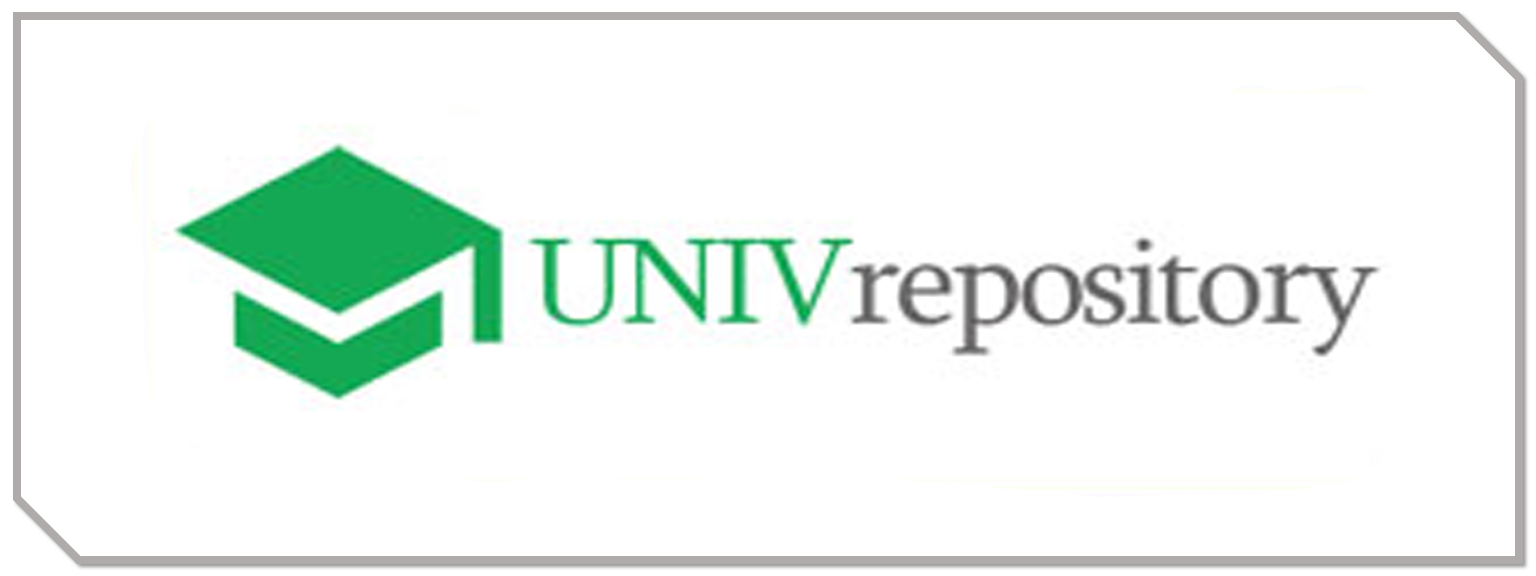ANALISIS PESTEL UNTUK MENGETAHUI HAMBATAN KUNCI PENGEMBANGAN WISATA HALAL DI INDONESIA: STUDI KASUS PADA WISATA DANAU TOBA
Keywords:
Halal Tourism, Lake Toba, PESTELAbstract
This research aims to identify and analyze the key barriers to the development of halal tourism in Indonesia, with a specific focus on a case study of Lake Toba. Using the PESTEL (Political, Economic, Social, Technological, Environmental, and Legal) analysis framework, this research explores the factors influencing the development of halal tourism from various dimensions. Data were obtained from books, journals, online articles, and other relevant sources. The research findings indicate that the key barriers to developing halal tourism in Lake Toba are: lack of consistent political support, limited investment, low public awareness, suboptimal utilization of technology, suboptimal environmental management, and the absence of specific regulations on halal tourism. In this paper, the authors provide strategic development recommendations to overcome these barriers, including strengthening policies and regulations, increasing investment, raising public awareness and human resource capacity, utilizing digital technology, and implementing sustainable environmental management standards.
Downloads
Published
Issue
Section
License
Copyright (c) 2022 Surono, Muhammad Najib

This work is licensed under a Creative Commons Attribution 4.0 International License.







